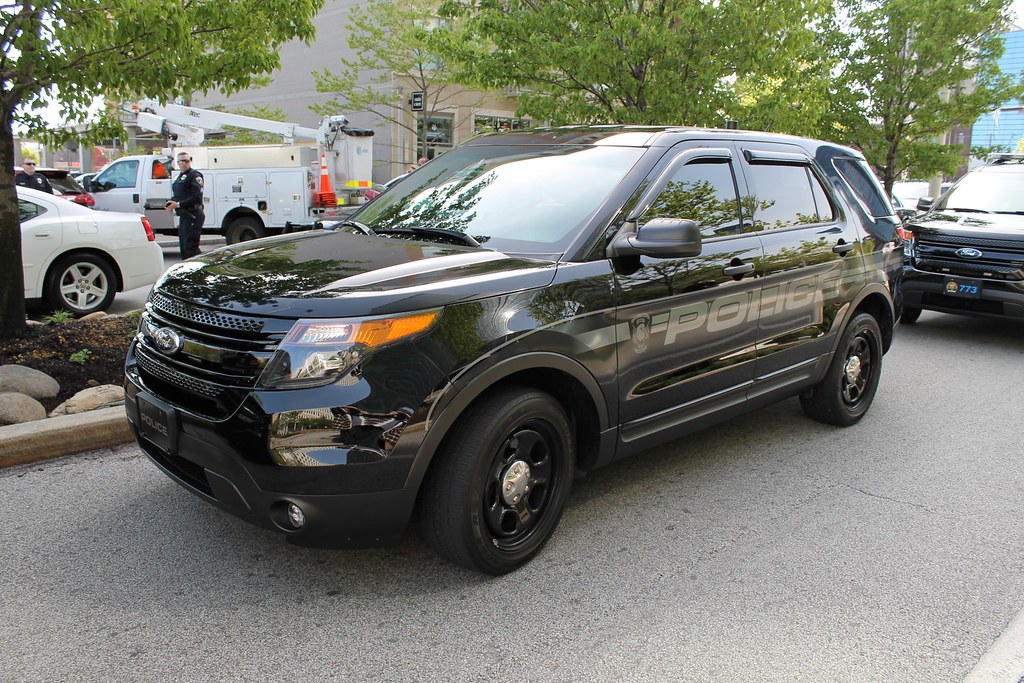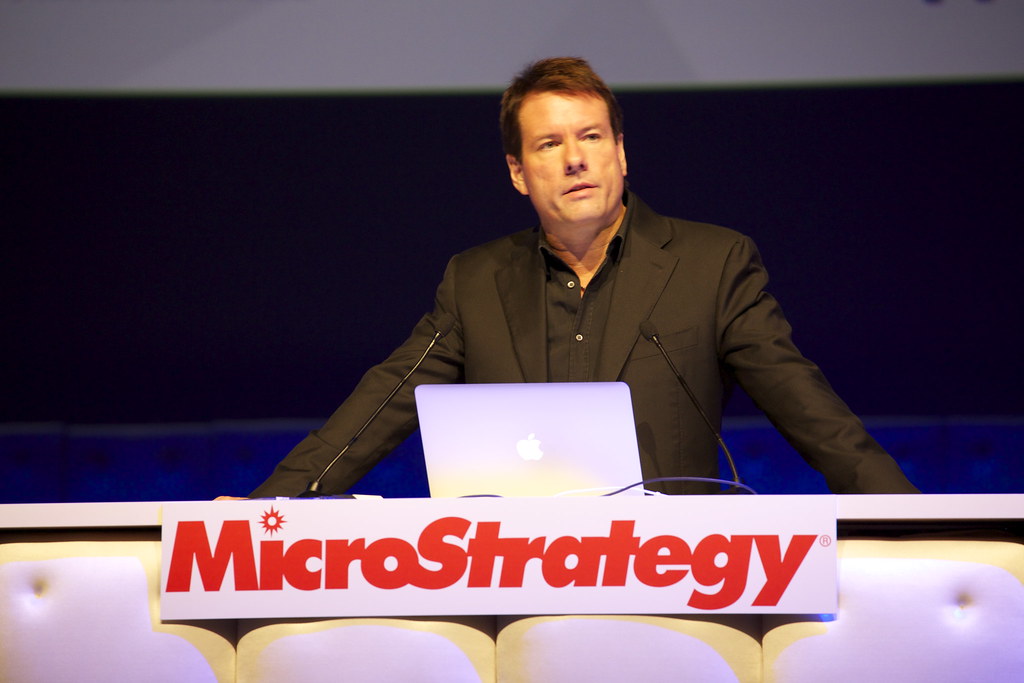Ford Motor Company has announced a major shift in its strategy due to changing trends in American electric vehicle (EV) sales. The Dearborn, Michigan-based manufacturer is delaying the release of a large electric SUV and a new electric pickup truck while continuing to support its existing hybrid vehicle lineup.
Postpones in Electric Pickup and SUV Dispatches
The highly anticipated electric pickup, initially set to roll off the production lines of a new Tennessee factory, will now debut in 2026, a year later than planned. Additionally, the launch of the large electric SUV, slated for production in Oakville, Ontario, has been pushed back by two years to 2027.
This shift comes amid a significant slowdown in U.S. EV sales growth. The growth rate decelerated to 2.7% in the first quarter of the year, a stark contrast to the 47% surge last year that drove record sales and a 7.6% market share. Although overall new vehicle sales grew by nearly 5%, the market share for EVs dipped slightly to 7.1%.

Hybrid Sales on the Ascent
In spite of the log jam in EV deals development, it’s not all miserable skies for Passage or the electric vehicle market. The organization has seen a 45% expansion in crossover deals and a 34% ascent in module half breed deals from January through Spring, as revealed by Motorintelligence.com. This recommends a developing customer craving for vehicles that overcome any barrier between conventional fuel motors and completely electric powertrains.
Considering these market elements, Passage is adjusting its system. The organization brings communicated expectations to the table for cross breed renditions of all its gas traveler vehicles in North America before this decade’s over. This move could take special care of a more extensive scope of shoppers, especially those reluctant to embrace completely electric vehicles because of worries over range and charging foundation.
Despite these changes, Ford’s commitment to electrification remains steadfast. The automaker expects its electric vehicle unit’s pretax losses to widen from $4.7 billion last year to between $5 billion and $5.5 billion this year. However, it remains optimistic about its commercial vehicles, projecting an increase in profits from $7.2 billion last year to between $8 billion and $9 billion this year. Profits from fuel-powered vehicles and hybrids are expected to remain stable at $7 billion to $7.5 billion, reflecting last year’s performance.

Moves in Progressing to Electric Portability
The car goliath’s recalibration mirrors the more extensive difficulties confronting the business as it changes to electric versatility. While early adopters and naturally cognizant customers have rushed to get on board with the EV fleeting trend, persuading the standard market to shift gears requires defeating worries about range nervousness and the accessibility of charging stations.
Ford’s new sales figures highlight the complexity of the market. Despite a 25.9% year-to-date increase in EV sales, the company is experiencing a notable shift in consumer preferences. The F-150 Lightning continues to lead as America’s favorite electric pickup, and the Mustang Mach-E has seen a 77% year-over-year sales jump, further solidifying Ford’s position as a key player in the EV space.
As Ford navigates these challenges, it is clear that flexibility and adaptation are crucial. The company’s decision to delay certain EV models while expanding its hybrid offerings is a testament to its agility in responding to market demands. With a keen eye on the future, Ford is steering towards a landscape where electric and hybrid vehicles coexist, catering to a diverse array of consumer needs and preferences.
One of Ford’s key strategies is its proactive approach in a fast-paced driving environment. By adjusting the way electric cars are introduced with a longer crossover configuration, Ford aims to meet the evolving demands of today’s customers while positioning itself for success in the emerging world of mobility.
Related posts:
Ford will delay production of new electric pickup and large SUV as EV sales growth slows





